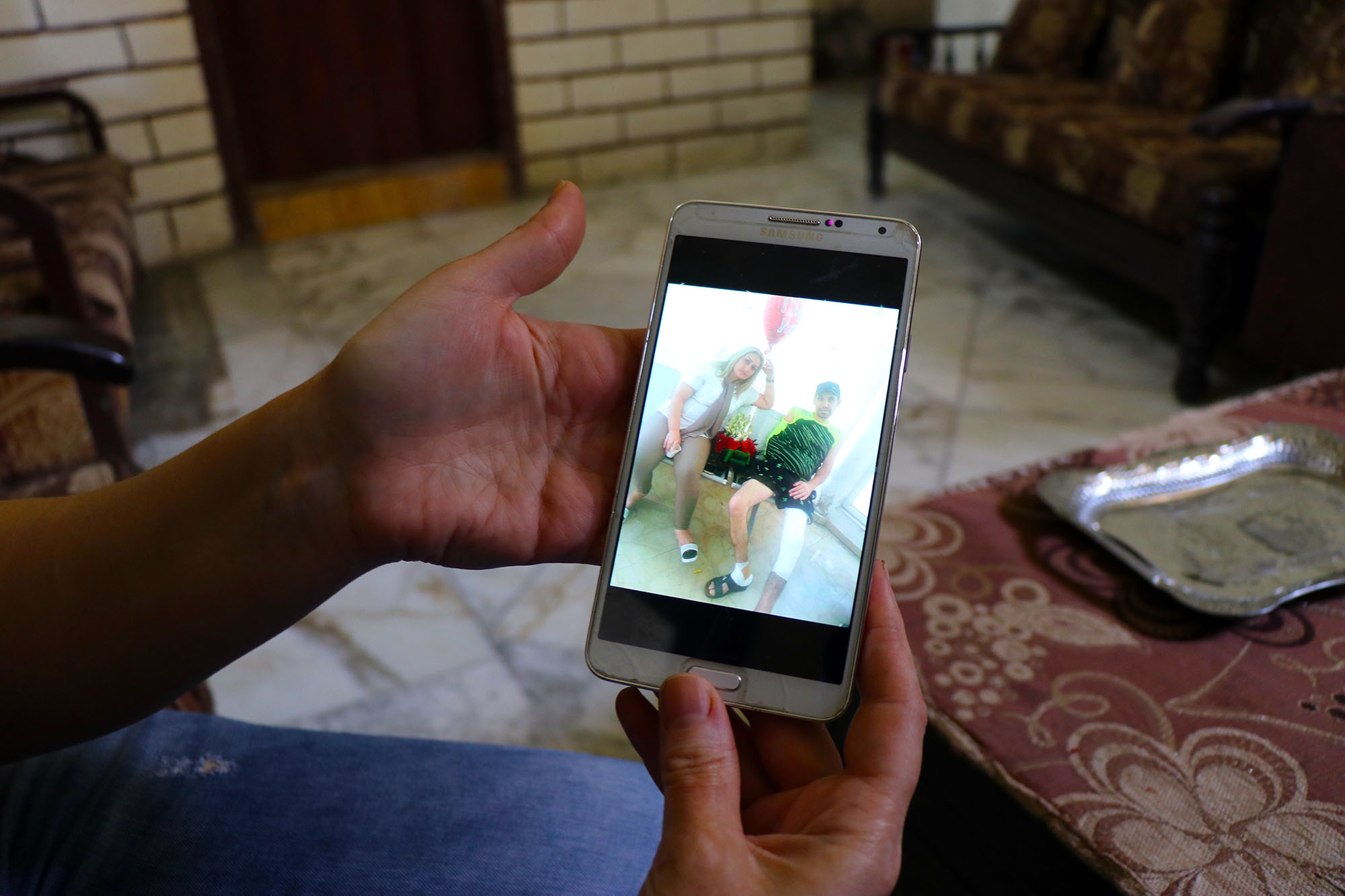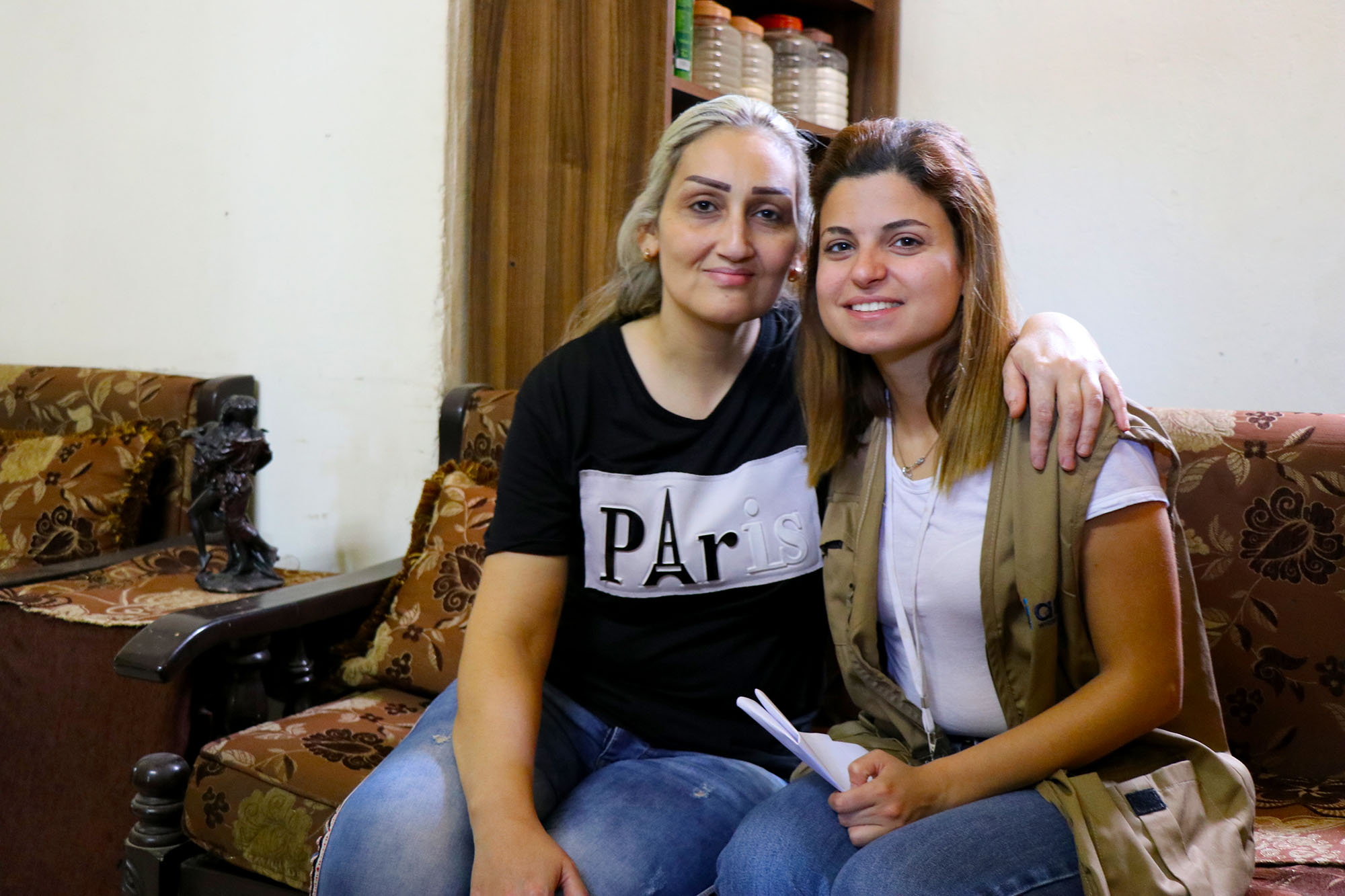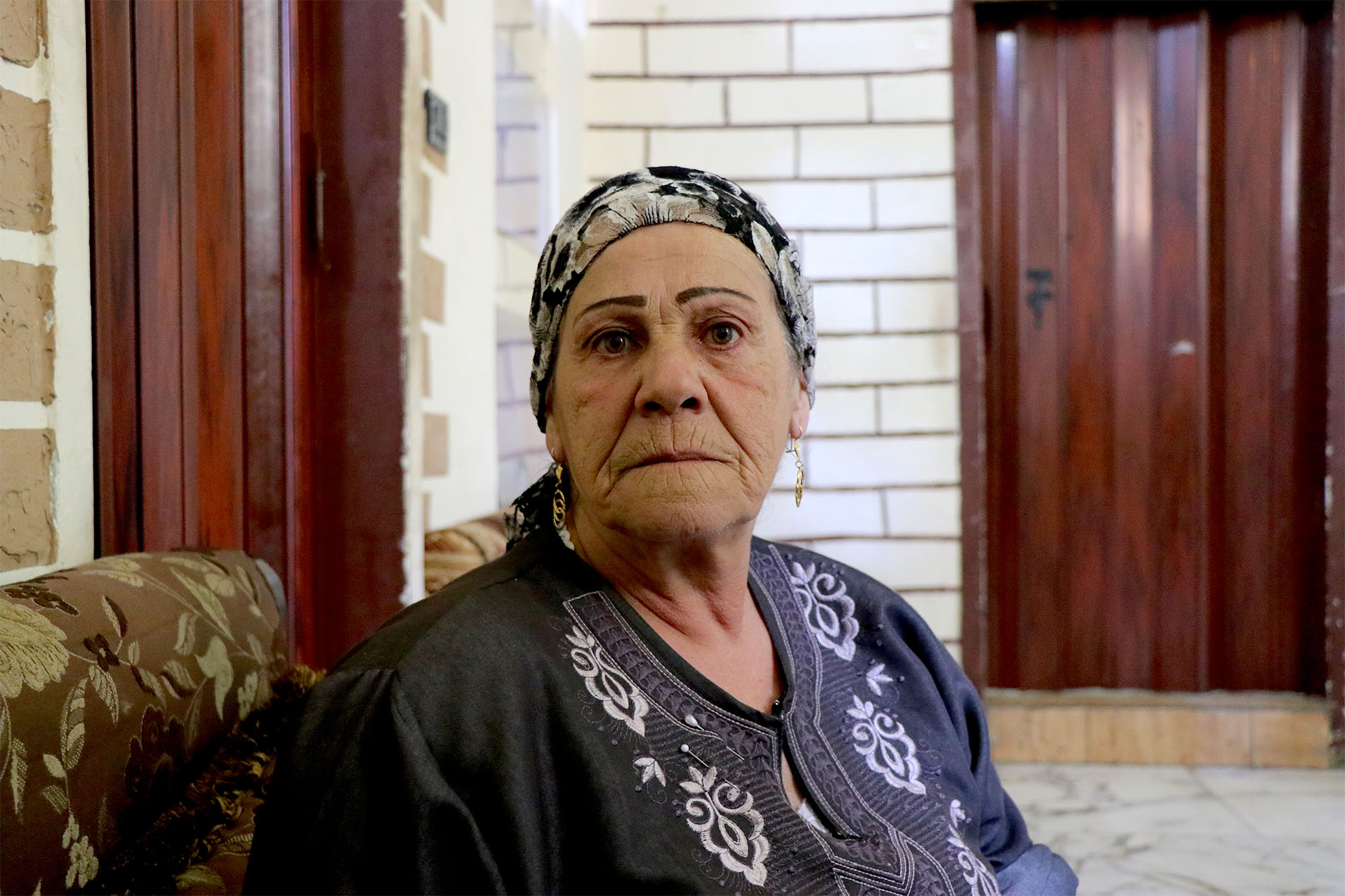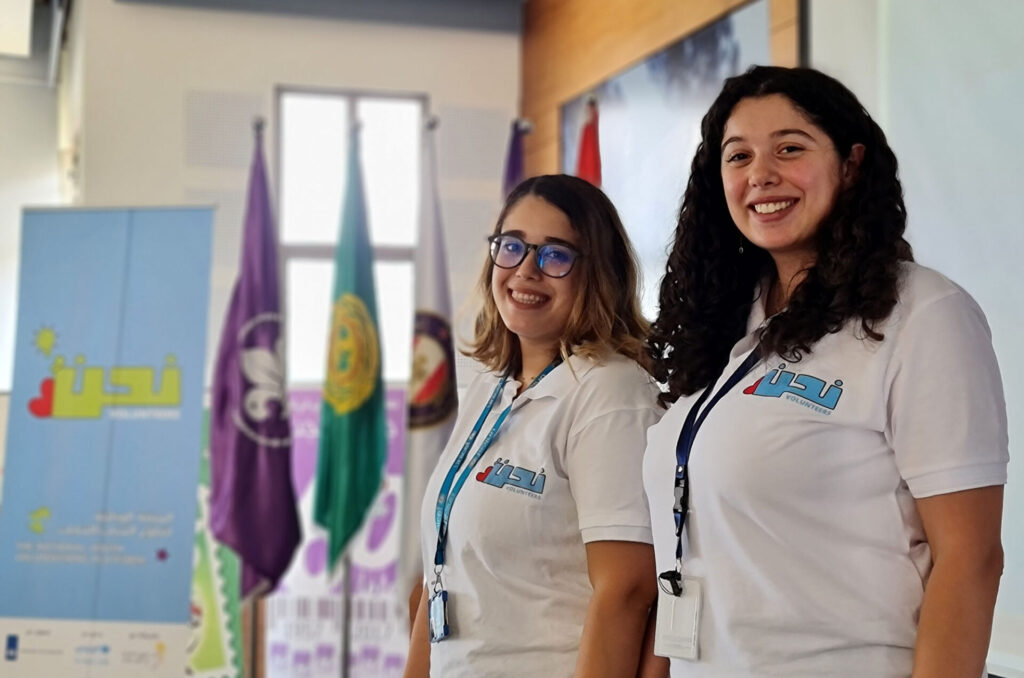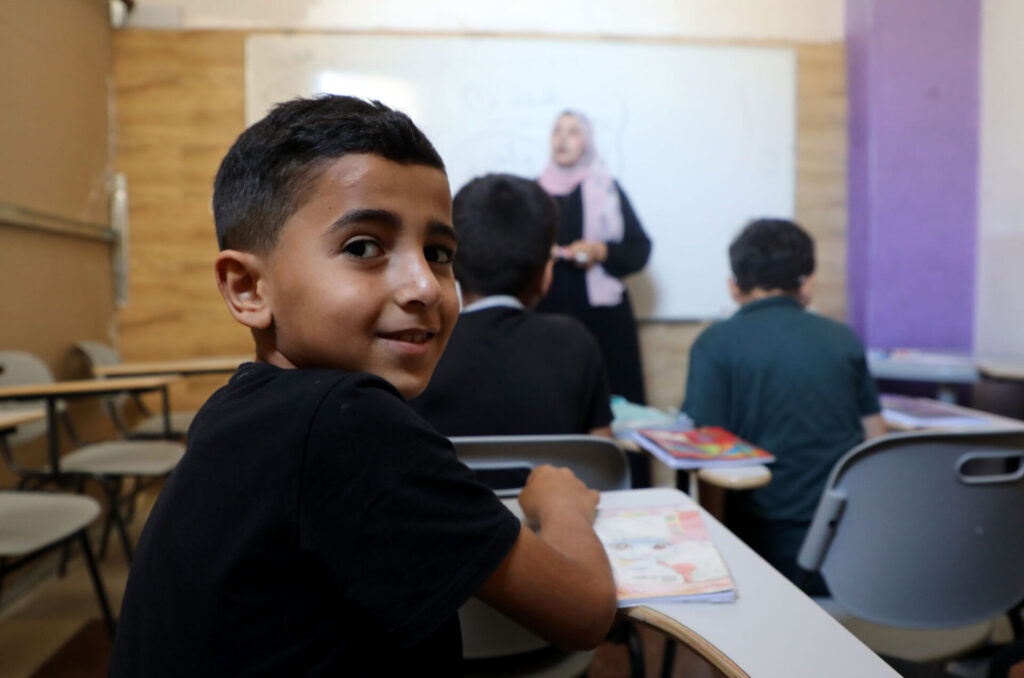COMMUNITY
For richer, for poorer in Tripoli, Lebanon: One Family's Story
Jun, 2019
“With your support, I was able to buy some time and cover a chunk of our debt. You can’t imagine how relieved I feel when we pay some of what we owe. It's like getting back to the surface of the ocean and taking a deep breath of air." - Yasmin
Twenty-three years ago, Yasmin, a Lebanese mother of three, married the love of her life, Mahmoud. Unlike many couples from their community, she and Mahmoud married out of love. They were neighbors and their families were close friends. Their love story began at the age of 15 and it continues to this day. Yasmin lost both her parents at an early age and Mahmoud’s mom, her mother-in-law, cared for her and her sister and watched over them. She still does.
Yasmin and Mahmoud, like the majority of Tripoli’s residents, were constantly struggling to survive, live a dignified life and provide for their children. Mahmoud used to work at a factory. Although their income was limited, “at least it existed,” Yasmine says.
In 2017, Yasmin got a call from Mahmoud’s boss informing her that he had been in a very serious accident, which cost him his arms and left him with a permanent disability. Yasmin was suddenly forced to become the sole breadwinner for her family. Given that she had not gone to school or learned any crafts or trades, she had to depend on small jobs like cleaning homes, organizing clothes in shops or shampooing hair in salons.
Mahmoud and Yasmine have three children, a 12-year-old girl, a 16-year-old boy and a 20-year-old young woman. Her son was forced to drop out of school to help support the family. Yasmin and her family moved into her mother-in-law’s home so they can share the cost of rent.
"We, like many others around us, survive only by going into debt. We had to borrow $800 worth of food from our neighborhood grocer this year, and we owe our landlord a full year of rent,” Yasmin says.
When Anera’s team visited Yasmin to check on her, they were surprised by how happy and serene she seemed. She insisted on showing them old photos of her and Mahmoud and her children. She shared so many memories. “Unlike the first time we met Yasmin, today she actually seemed hopeful,” said Diala Ali, Anera’s financial coordinator.
“With your support, I was able to buy some time and cover a chunk of our debt. You can’t imagine how relieved I feel when we pay some of what we owe. It's like getting back to the surface of the ocean and taking a deep breath of air," says Yasmin.
During the visit, Yamsine’s mother-in-law walked in, thanking the team for their support. “You know our area is not a playground,” she says, referring to the Jabal area in Tripoli, which witnessed violent sectarian clashes since the 1970s. “It is home, but it is a harsh place. I cannot remember if life was ever better or worse. All I can say is, it is tough. My son lost his arms, and Lebanon is unkind to people with disabilities. He has tried to get many jobs, but no one will take him.”
When Anera’s social worker asked for Yasmin’s opinion on the cash assistance, she said “I go stand in line to receive in-kind aid from several non-profits, but it is tiring and insulting. This initiative is exactly what families like ours need. Of course we need support, but give us the ability to use it as we see fit. Aid should be tailored to people’s needs or else it's not aid, now is it?”
The cash assistance, donated by our partner UMCOR, came hand-in-hand with Anera’s Ramadan food parcel distribution, allowing several families to use their precious new financial resources to purchase less food and instead devote it to buying medicines, clothing and hygiene products. Anera also referred Yasmin’s 16-year-old son to the education team in Tripoli, encouraging him to enroll in one of Anera’s vocational courses.

